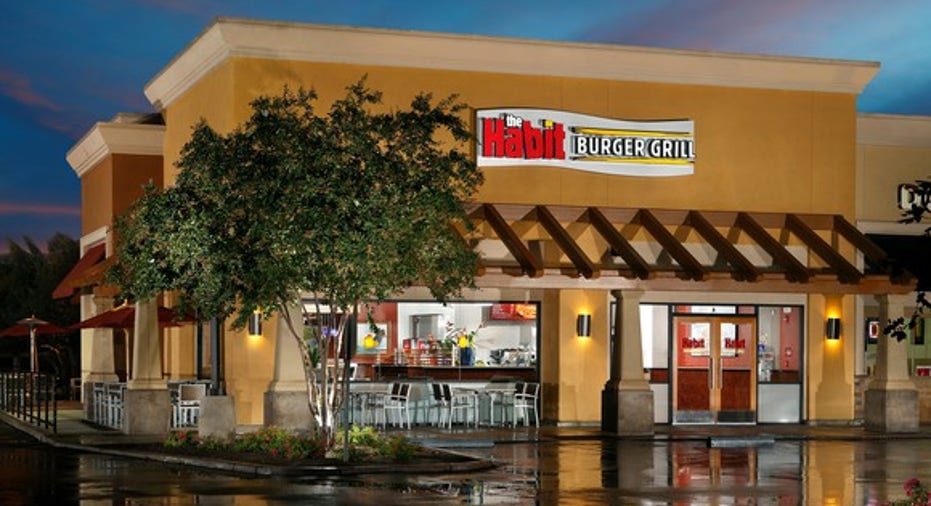Shake Shack and Habit Need to Flip More Than Burgers

Image source: Habit Restaurants.
There may be life in the "better burger" niche, but the same can't be said about the publicly traded players as investments. Shares of Habit Restaurants (NASDAQ: HABT) hit another all-time low last week. The stock is now trading 68% below its peak set shortly after going public nearly two years ago. It's now well-entrenched as a busted IPO, trading well below its debutante price of $18 in late 2014.
The more prolificShake Shack(NYSE: SHAK) also remains out of favor. It's trading 66% below its all-time high, also set shortly after its IPO. Shake Shack went public just weeks after Habit. It's trading comfortably above its introductory price of $21, but that is only because it soared a lot more following its hype-laden Wall Street debut.
The bottom line is that investors that bought either company at the frenzied peak are now holding on to shares worth roughly a third of what they were at the top. It's not fair, especially since both companies continue to hold up well by building out their eatery base and posting positive store-level sales growth. However, this is what can happen when valuations get out of hand. You can buy the right companies, but they wind up being the wrong stocks.
Hard Habit to break
Habit Restaurants proved mortal in its latest quarter. Revenue and earnings fell just shy of Wall Street expectations. That's something that Mr. Market doesn't forgive when you're a growth stock commanding rich multiples. However, Habit was able to stretch its enviable streak of positive comps to 50 consecutive quarters of growth. That's something that should serve the company and its 146 company-owned units well once the matter of valuation gets sorted out.
Shake Shack stock also took a hit following its latest financial results, but that particular move was puzzling. Shake Shack posted stellar growth with revenue soaring 37% and adjusted earnings soaring event faster. It actually boosted its top-line guidance, but the market wasn't impressed with the 95-unit operator.
Comps have slowed for both chains, clocking in at 4.5% growth for Shake Shack in its latest quarter and a 4% uptick for Habit. Many chains would kill for that kind of store-level sales growth, but we're eyeing slower growth at both companies than the pace they were on when they went public less than two years ago.
Two dynamic companies with plenty of expansion room, double-digit sales growth, and long streaks of positive comps may sound like tantalizing investments. Finding both stocks trading roughly two-thirds below their peak value may be the icing on the cake. But then we get to the still-lofty valuations.
Even if we look out to next year's analyst forecasts, we see Habit and Shake Shack trading at 41 and 59 times earnings, respectively. The silver lining is that these forward multiples were in the triple digits when they went public. They're still not dirt-cheap stocks, but at least now the markups can be considered reasonable given Shake Shack's industry-leading volume per eatery and Habit's top-notch food quality ratings. Instead of flipping burgers, Habit and Shake Shack need to start flipping the script. Investors need to think that it's as cool and trendy to buy into a "better burger" stock as it is to walk into one of their chains. The upside is still outrageous, and the valuation is no longer as outrageous.
A secret billion-dollar stock opportunity The world's biggest tech company forgot to show you something, but a few Wall Street analysts and the Fool didn't miss a beat: There's a small company that's powering their brand-new gadgets and the coming revolution in technology. And we think its stock price has nearly unlimited room to run for early in-the-know investors! To be one of them, just click here.
Rick Munarriz owns shares of Habit Restaurants and Shake Shack. The Motley Fool has no position in any of the stocks mentioned. Try any of our Foolish newsletter services free for 30 days. We Fools may not all hold the same opinions, but we all believe that considering a diverse range of insights makes us better investors. The Motley Fool has a disclosure policy.



















